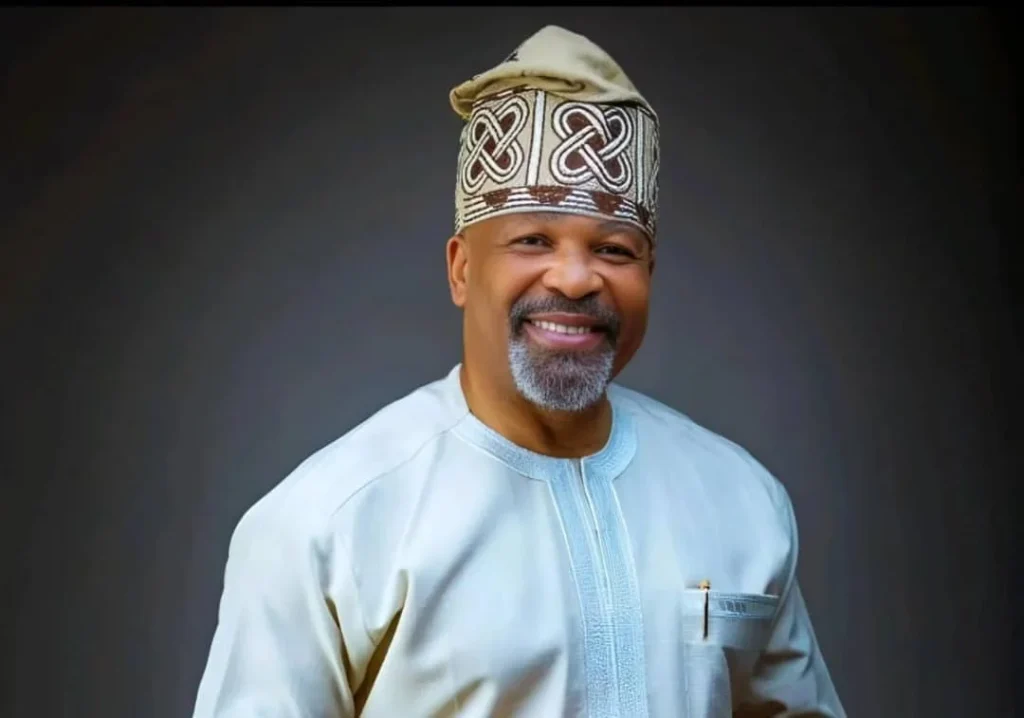A producer walks into a meeting room and is greeted with a line he never thought he’d hear: “This is an official presidential endorsement.” Photographers snap staged shots; a poster is printed with the State House logo. The event sells out. Everyone signs off. Then the invoices come, and so does silence.
That is the pattern creative practitioners say snared them into deals they hoped would change careers. At the centre of the storm is the now-dismissed Special Assistant on Digital and Creative Economy in the Office of the Vice-President, Fegho John Umunubo, once the bridge between the presidency and Nollywood, now the man accused by presidency insiders of dangling government backing as a lure and failing to deliver.
Down Memory Lane
• The State House has confirmed the disengagement of Fegho John Umunubo from his role as Special Assistant on Digital and Creative Economy; the public was warned not to transact with him as a representative of the administration.
• Presidency sources and investigative reporting say the dismissal followed allegations that Umunubo struck dubious sponsorship deals with filmmakers and creatives — promising funding, promotional slots and official branding that never materialised. The story became public after several creatives went public with complaints.
• One of the most detailed public examples involves author-producer Arese Ugwu (The Smart Money Woman franchise), who claims an agreement for a ₦10 million sponsorship and other visibility commitments was not honoured. Documents and public posts show the deal was signed under his official capacity, according to reporting.
The Pattern: How Proximity Became A Business Model (Allegedly)
The allegation is not that Umunubo merely talked up government support — it’s that he allegedly used the office as a selling point.
Creatives were told their projects would carry the presidency’s branding: “your premiere will be backed by the Office of Digital & Creative Economy,” they were told. The appeal is obvious: that name opens doors to sponsors, screens and credibility.
But when the backing failed to show and deliverables were missed, affected filmmakers said the losses weren’t just financial — they were reputational. That’s what made the accusations especially toxic inside the industry and lethal politically: a State House imprimatur that turned out to be a mirage.
Why The Presidency Moved — Risk, Reputation And Reach
Governments prize two things above most: credibility and control. A staffer who appears to be trading the presidency’s stamp of approval for personal gain threatens both.
Officials told reporters that Umunubo was quietly removed in August but continued to present himself as a presidential aide — a gap that forced the State House into a public, formal notice to warn stakeholders. The official disclaimer underlines the administration’s desire to make the record clean and limit fallout.
The Human Toll
For filmmakers and event organisers, a failed sponsorship is more than an accounting problem. It’s a domino effect: premiered deals collapse, marketing plans unravel, venues go unpaid, and small creative firms that run on slim margins can be pushed into insolvency.
You May Like: PDP Blasts Senate for Blocking Senator Natasha’s Return
When a deal is sold as “presidential backed,” the expectation is not just money but access — and when both vanish, the damage multiplies. Several industry players went public in recent days, accusing the former aide of leaving unpaid promises and broken contracts.
The Unknown
Every news report so far uses alleged and sources say for a reason: the facts are still emerging and legal processes may follow.
Umunubo has posted short reactions on social media saying he was honoured to serve; he has not answered all requests for comment, and investigations — if opened — will need to separate sloppy promise from criminal deception. Reporting to date provides names, claims and documents; the courts ultimately decide culpability.
A Scandal That Could Become A Turning Point
If the allegations are true, we’re looking at the corrosion of trust where the state and the creative economy meet; if they’re false, someone should be held accountable for the reputational damage done.
Either way, the episode exposes how fragile institutional authority can be when mixed with celebrity marketing and personal enterprise. The best outcome would be clarity, justice, and a cleaned-up system where the presidency means what it says — and doesn’t become a bargaining chip for personal gain.





